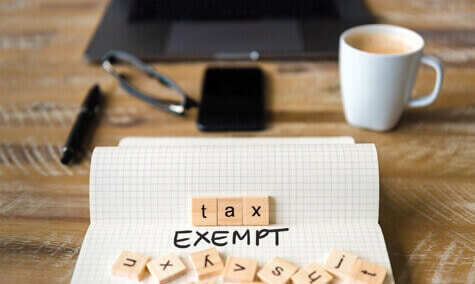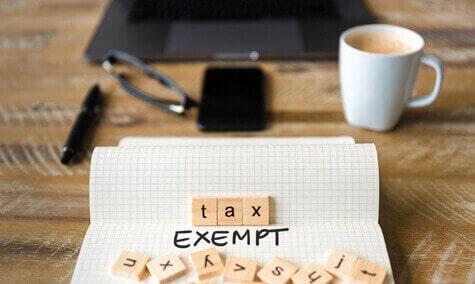Prime Minister Scott Morrison has declared that COVID-19 disaster payments will now be tax-free, a policy change that will have ramifications for accountants and their clients, say tax experts.

Mr Morrison told ABC Radio on Thursday morning that the federally funded income support scheme would now provide tax-free payments of $750 a week to workers who lose 20 or more hours of work a week, and $450 a week to those who lose between eight and 20 hours.
The PM then stressed his point on Seven Network’s Sunrise, stating, “I’ve made that very clear this morning, back through the system, they won’t be taxable. JobKeeper, by the way, was.”
Mr Morrison’s position comes despite the Treasury, the ATO and Services Australia all publicly noting that COVID-19 disaster payments are taxable income.
A Treasury official told Accountants Daily that a policy change had indeed been made and that the Treasury was in the process of updating its guidance as of Friday morning.
A legislative change is unlikely to be required, given the COVID-19 disaster payment is authorised under regulations issued by the Governor-General rather than through legislation.
The Institute of Public Accountants general manager of technical policy, Tony Greco, said granting the $750 a week payment with a tax-free status would mean workers will take home more than they did under the original JobKeeper program.
Disaster payment recipients can expect to be better off by $90 a week compared with the JobKeeper wage subsidy, based on an annualised $39,000 income of $750 each week.
“The main concern is that these payments have always been stated as assessable, so now there’s confusion,” said Mr Greco. “It is a significant shift in treatment from what people have been told and what we have come to expect.
“This is a seismic shift in the tax treatment for recipients and a windfall which will come at a huge cost to the taxpayer.”
Michael Croker, tax leader at Chartered Accountants Australia and New Zealand, said the policy change would come at a bigger cost to taxpayers and open up questions around the taxable status of payments made since 3 June — the day the COVID-19 disaster payment was announced.
“Tax policy wonks will be concerned about the so-called income and substitution effects,” said Mr Croker.
“Within the hard-hit NSW business community, the new policy will be factored into the question often put to accountants: ‘Is it better to stand down workers, lower business labour costs and send them to Services Australia for the COVID-19 disaster payment?’.
“For some low-paid workers, $750 tax-free a week could even be a temporary pay rise, an outcome at odds to the take-home pay of a comparable employee still on the business’s payroll.”
According to Mr Morrison, more than $490 million in COVID-19 disaster payments have been paid to over 955,000 workers in NSW and Victoria.
The payments, which were increased on Wednesday from $600 to $750 a week for workers who lost more than 20 hours, and raised from $450 from $375 for those who lost between eight and 20 hours, are expected to cost the federal government $750 million a week.
Jotham Lian
30 July 2021
accountantsdaily.com.au
